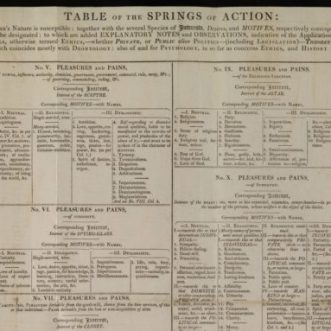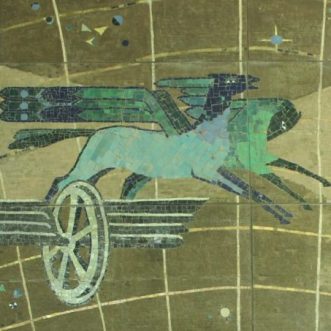January 20, 2020
For many in the business world, especially in the financial world, better is simply a synonym for bigger. Growth of profits is all. What else could better mean for business?
Well, it could mean making better things, things that are useful as well as profitable. Things that are not harmful to the people who buy them.
It could mean making things in a better way, with more care for the resources that go into them and the effects, unintended or otherwise, that arise from the use of these resources. It could mean finding ways of making things that re-use resources, so no further damage is done. It could mean making things that undo some of the damage already done. It could even mean creating positive, intended side-effects that make the whole environment better.
It could mean making things that give the people buying more of what they really want – agency, mastery, autonomy, purpose and community – which might mean making fewer things, and more opportunities for people to get together and achieve these ends for themselves.
It could mean giving the people making things more of what they really want – agency, mastery, autonomy, purpose and community, so that they can live richer lives at work, and at home.
This is growth, but not as we know it. Enrichment, rather than accumulation. Better, not merely bigger.
The good news is this kind of growth is unlimited. Better makes bigger sustainable.









